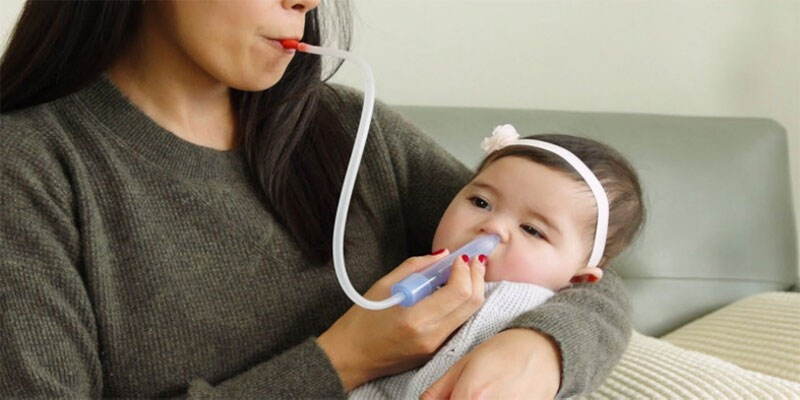
The common cold is a widespread illness that may strike children of any age. Symptoms include nasal discharge, coughing, chest congestion, and fever, and are brought on by a viral infection of the upper respiratory tract. There may be no way to prevent your kid from getting a cold, but you may make his or her recovery from it more bearable by taking some measures. Congestion relief, fever reduction, and germ prevention are just some of the symptoms of a child's cold that will be addressed in this article. Your kid will recover more quickly and be able to resume his or her regular activities if you follow these suggestions. Please see a physician if your child's cold symptoms persist for more than a week or if he or she is having trouble breathing, is not drinking enough fluids, or shows indications of dehydration.
Encourage Rest And Hydration
To prevent your child from becoming dehydrated, they must get adequate sleep and consume a lot of fluids such as water, juice, and clear broth. Additionally, they must eat a healthy diet. If you do this, you will not only prevent congestion but also minimize the risk of experiencing dehydration and reduce the risk of it occurring in the first place.
Use A Humidifier
If you have a humidifier in your home, it will make it less difficult for your child to breathe, and it will also help alleviate any stuffiness that they may be experiencing in their nose. With the assistance of a humidifier, it is also possible to enhance the quantity of moisture in the air.
Use Over-The-Counter Cold Medications
There are a variety of over-the-counter cold medications available that can help to relieve symptoms like congestion, coughing, and fever. Be sure to read the labels carefully and follow the dosing instructions, as these medications can affect children of different ages.
Use Nasal Irrigation
With the assistance of nasal irrigation, one can clear up mucus and experience a reduction in the severity of congestion. You can prepare your saline solution by mixing a quarter of a teaspoon of salt with a pinch of baking soda and then adding that mixture to eight ounces of warm water. Alternatively, you can buy a saline solution supplied over the counter. Saline solutions are readily available.
Use A Nasal Aspirator

To successfully remove mucus from your child's nasal passages, you may find it helpful to use a device known as a nasal aspirator. This will improve your child's congestion, which would be one of the benefits of using this. Additionally, it may make breathing easier for them, which would be another benefit of using this.
Use A Warm Compress
Apply a warm compress to your child's face to reduce facial pain and congestion. You can apply heat to the area using a warm washcloth or a heating pad with a low setting. Both of these options are available to you.
Keep Your Child Comfortable
You may make it simpler for your child to feel at ease by providing an abundance of soft tissues, ensuring that the room is kept at a warm temperature and a cozy environment, and encouraging your child to get some rest.
Keep Your Child's Environment Clean
Protecting your child's health is essential by putting a stop to the spread of germs. This may be done by ensuring that your child washes their hands and face frequently and maintaining a regular cleaning schedule for their bedroom and belongings.
Don't Give Aspirin To Children
If a child or adolescent is unwell and has a fever, aspirin should never be given to them because there is a risk that it could cause a condition known as Reye syndrome, which is a condition that can be fatal. This is because there is a possibility that it could provoke this condition.
Consult Your Pediatrician

If your child's cold symptoms last longer than a week, or if your child is having difficulty breathing, is not drinking enough fluids, or is showing signs of dehydration, please consult your pediatrician.
Conclusion
In conclusion, treating kids' colds requires a combination of methods such as encouraging rest and hydration, using a humidifier, over-the-counter cold medications, nasal irrigation, nasal aspirator, warm compress, keeping the child comfortable, maintaining a clean environment, avoiding aspirin and consulting the pediatrician when necessary. It's important to remember that viral infections cause colds, and most of the time, they will clear up on their own within a week or two. However, by following these tips, parents can help ease the symptoms of their children's colds and make them more comfortable while they recover. It is also important to seek medical attention if the symptoms persist or worsen.



